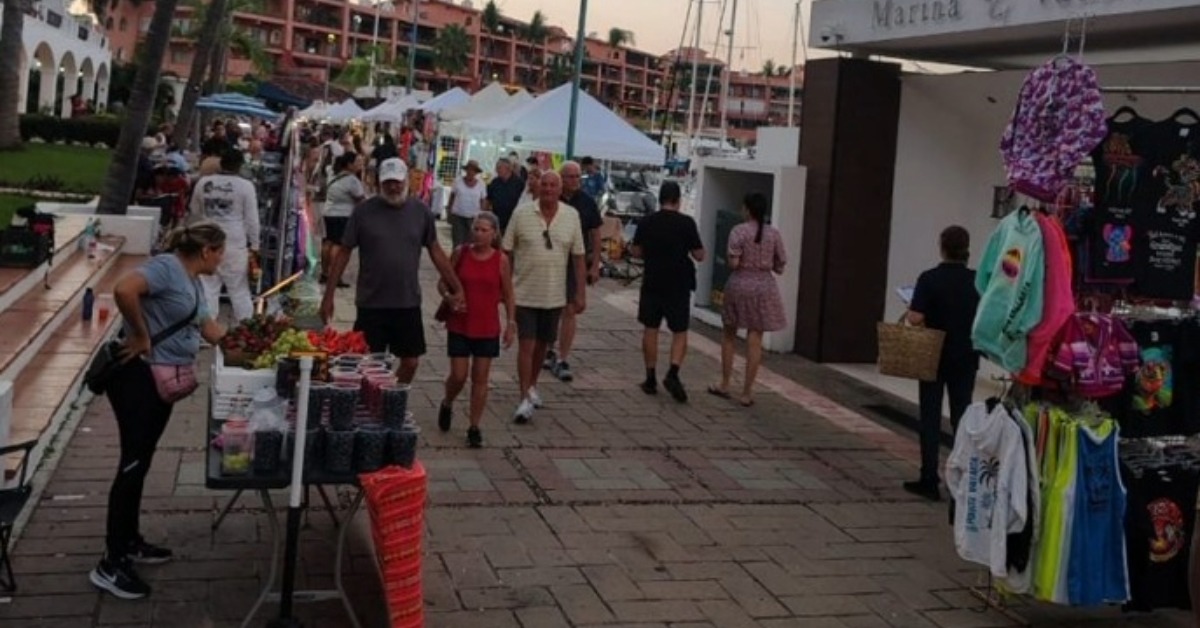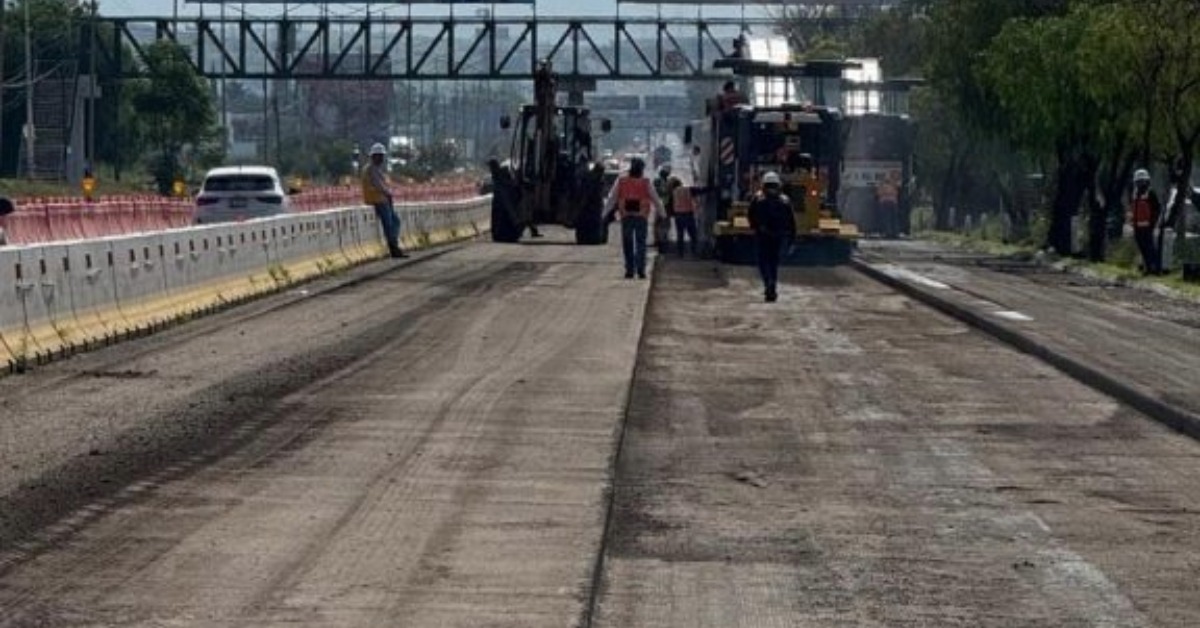What is Leachate?
Sometimes, it is not possible to stop all of the contaminants from coming into a landfill. The water -- even rainwater -- with dissolved contaminants that slips through the trash is called "leachate," and it is acidic. Part of landfill management requires collecting, containing and treating the leachate to protect surface and groundwater in areas near the landfill.
Perforated pipes placed throughout the landfill collect leachate. The leachate then drains into a pipe and afterward into a leachate collection pond. The pipes and containers that transport or hold leachate must be made of special materials that prevent . . .





